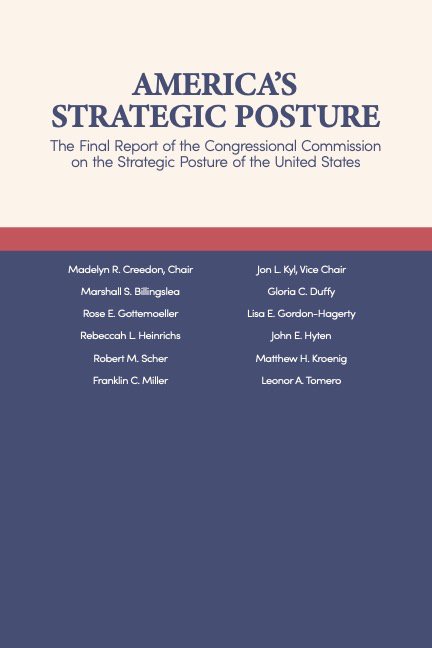UNITED STATES. DEPARTMENT OF DEFENSE
From the document: "The United States is an Arctic nation, and the region is critical to the defense of our homeland, the protection of U.S. national sovereignty, and our defense treaty commitments. I am issuing this 2024 Arctic Strategy to guide the U.S. Department of Defense (DoD) in a concerted approach to preserve the Arctic as a stable region in which the U.S. homeland remains secure and vital national interests are safeguarded. Major geopolitical changes are driving the need for this new strategic approach to the Arctic, including Russia's full-scale invasion of Ukraine, the accession of Finland and Sweden to the NATO Alliance, increasing collaboration between the People's Republic of China (PRC) and Russia, and the accelerating impacts of climate change. This increasingly accessible region is becoming a venue for strategic competition, and the United States must stand ready to meet the challenge alongside Allies and partners. This new DoD strategy directs the Department to enhance its Arctic capabilities, deepen engagement with Allies and partners, and exercise our forces to build readiness for operations at high latitudes. The document supports the 2022 National Security Strategy as well as the 2022 National Strategy for the Arctic Region, and its lines of effort implement the 2022 National Defense Strategy direction to adopt a 'monitor-and-respond' approach to preserving stability in the Arctic. This strategy represents prudent and measured efforts to protect U.S. interests in the face of new challenges and an evolving security environment."
Washington DC. UNITED STATES. DEPARTMENT OF DEFENSE. 21 JUN, 2024. 28p.





